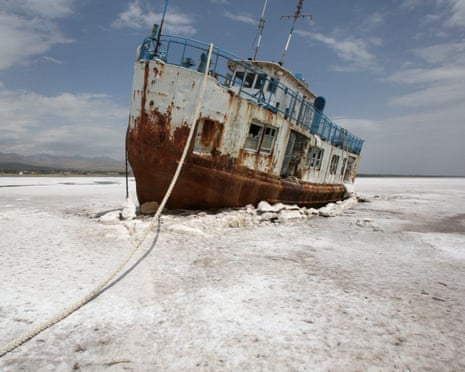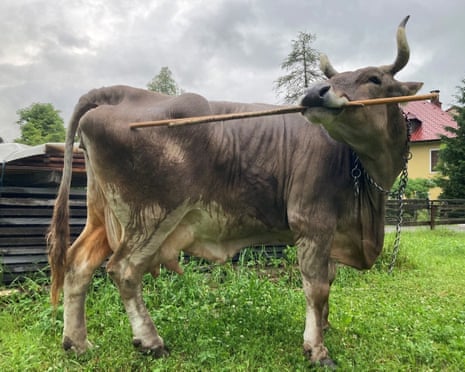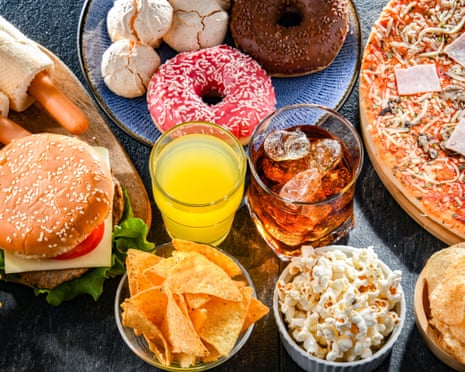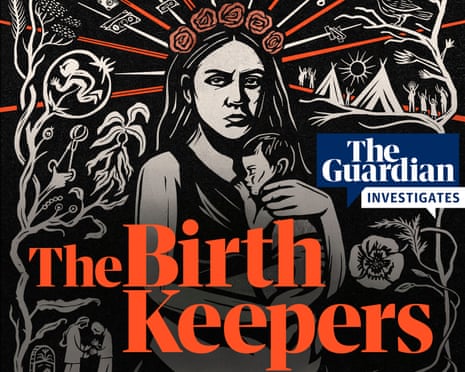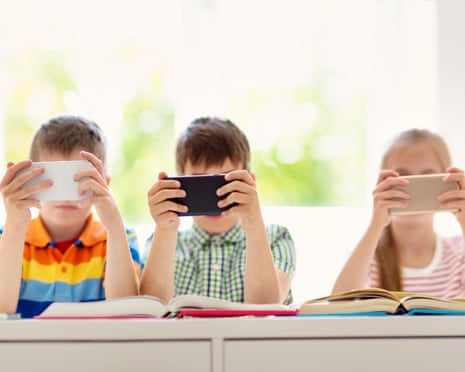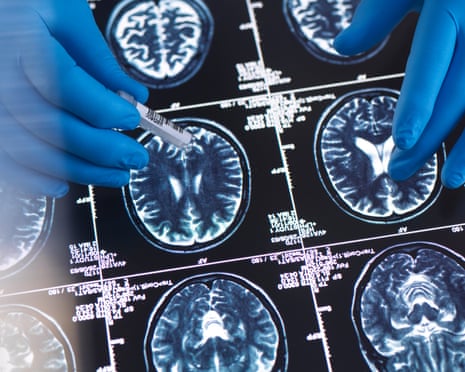Science Weekly
Twice a week, the Guardian brings you the latest science and environment news
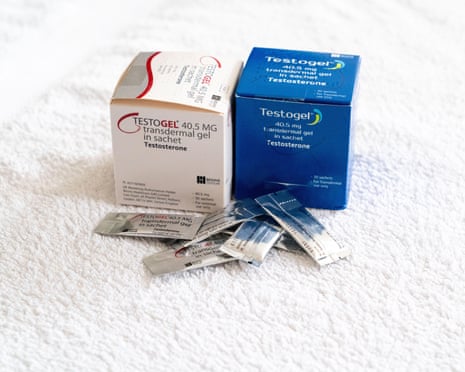
Why are women turning to testosterone? – podcast
Just like men, women are increasingly being told by online influencers, that the classic symptoms of middle age could actually be down to low testosterone. In the second part of this miniseries exploring the hormone, Madeleine Finlay finds out what testosterone supplementation is doing for women. She hears from science journalist Linda Geddes, who is taking testosterone for low libido, and from prof Susan Davis, a consultant endocrinologist and head of the Monash University Women’s Health Research Programme. Susan explains what the evidence really shows about the benefits and risks of women taking testosteronePodcast15:40
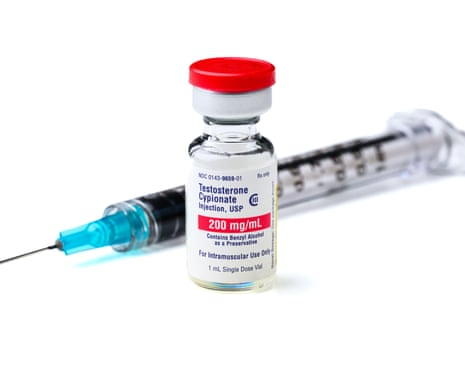
Are men being misled over testosterone? – podcast
In part one of a miniseries exploring the popularity of testosterone, Madeleine Finlay hears from Professor Channa Jayasena of Imperial College London, who is chair of the Society for Endocrinology, about how this craze is manifesting in NHS clinics, and from ‘Sam’ who tells Madeleine about his own journey with the hormonePodcast17:55
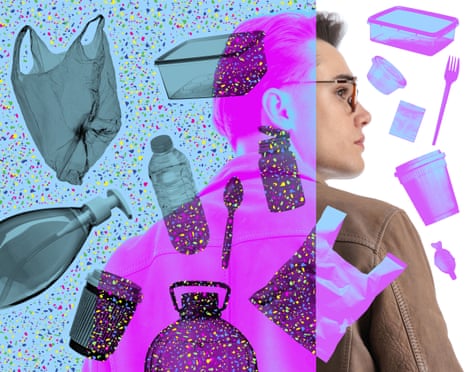
Is your body really full of microplastics? – podcast
Studies detecting microplastics throughout human bodies have made for alarming reading in recent years. But last week, the Guardian’s environment editor, Damian Carrington, reported on major doubts among a group of scientists about how some of this research has been conductedPodcast14:24
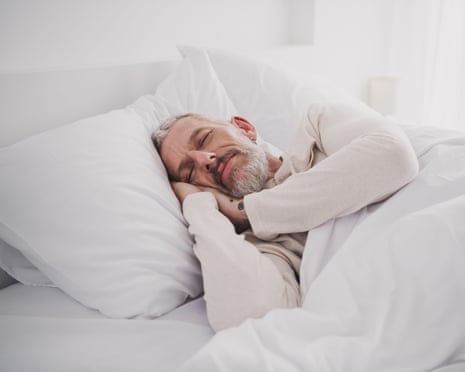
The surprising science of dreams and nightmares – podcast
Ian Sample puts listeners’ questions on dreams and nightmares to Dr Michelle Carr, director of the Dream Engineering Laboratory in Montreal’s Centre for Advanced Research in Sleep Medicine, and author of the new book Into the Dream LabPodcast21:43
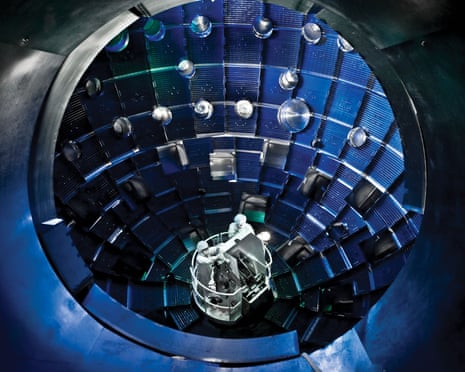
Our science predictions for 2026 – podcast
Last year was full of unexpected science news, from the discovery of a new colour, to the interstellar visitor 3I/Atlas passing by our solar system, and a world-first treatment with a personalised gene editing therapy. So what will this year bring? Ian Sample and science correspondent Hannah Devlin discuss the big stories likely to hit the headlines and share their predictions for 2026Podcast20:48
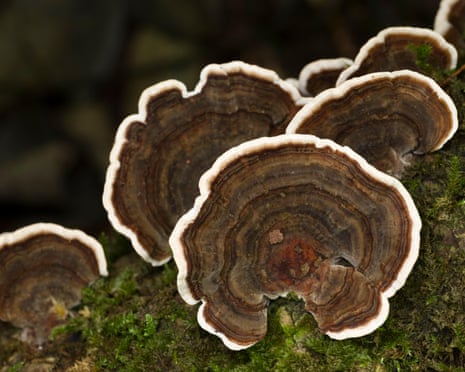
Revisited: do medicinal mushroom products actually work? – podcast
In this episode from June, Ian Sample chats to Madeleine Finlay about the appeal of mushroom drinks and supplements, and hears from the mycologist Prof Nik Money on what we really know about how fungi can affect our minds and bodiesPodcast19:06
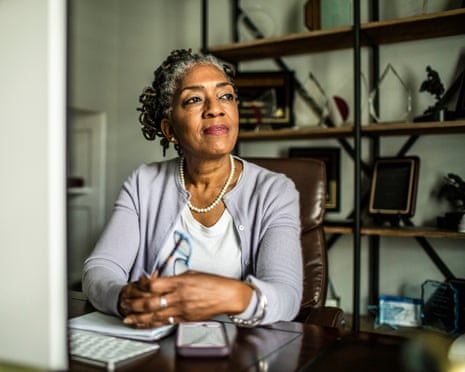
Revisited: is curiosity the key to ageing well? – podcast
Psychologists have typically believed we become less curious as we age, but recent research has shown curiosity actually becomes more targeted. In this episode from September, Madeleine Finlay hears from Dr Mary Whatley and Dr Matthias Gruber to find out why our curiosity changesPodcast16:57
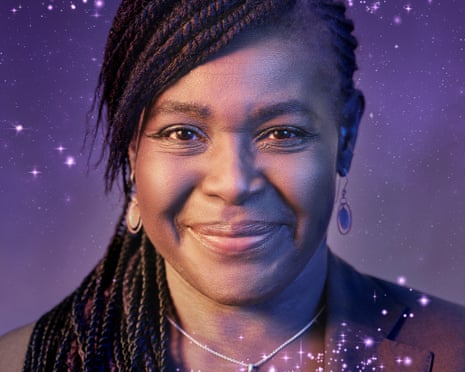
Life beyond Earth? Dame Maggie Aderin-Pocock on the mysteries of space – podcast
Dame Maggie Aderin-Pocock is a space scientist and science educator who has worked on a number of instruments that are revolutionising our view of the cosmos, including the James Webb Space Telescope. This year she will be giving the Royal Institution Christmas lectures, Britain’s most prestigious public science lectures, in which she will be exploring some of the big questions space science still has to answer.Podcast15:05
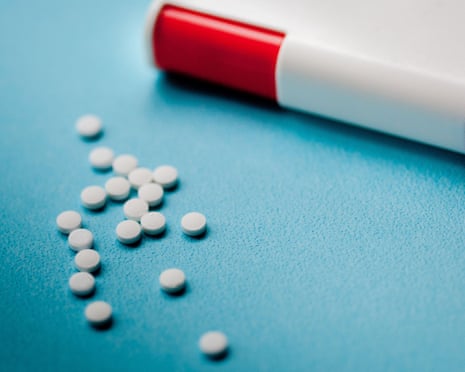
What’s worse for us, sugar or sweeteners? – podcast
We all know eating too much sugar is bad for our health – but would we be better off replacing it with artificial sweetener? It’s a question Science Weekly listener Marion posed recently and, as Madeleine Finlay tells Ian Sample, the answer is complicated. She explains what the science says about sugar v sweeteners with the help of Prof Havovi Chichger, from Anglia Ruskin University, and Prof Jim Krieger, from the University of Washington’s school of public healthPodcast20:13

Rage room or yoga class? How to beat anger – podcast
Ian Sample hears from science correspondent Nicola Davis, who recently tried out a rage room as a means of channelling her fury, and from Brad Bushman, professor of communication at the Ohio State University. Is venting the most effective way to overcome anger, and if not, what is?Podcast16:09

Is AI making us stupid? – podcast
Artificial intelligence can execute tasks in seconds that once took humans hours, if not days to complete. While this may be great for productivity, some researchers are concerned that our increasing use of AI could be impacting our ability to tackle difficult problems and think critically. To find out where the science stands, and how worried we should be about the potential of AI to change how we think, Ian Sample hears from Madeleine Finlay and Sam Gilbert, professor of neuroscience at University College LondonPodcast20:35
